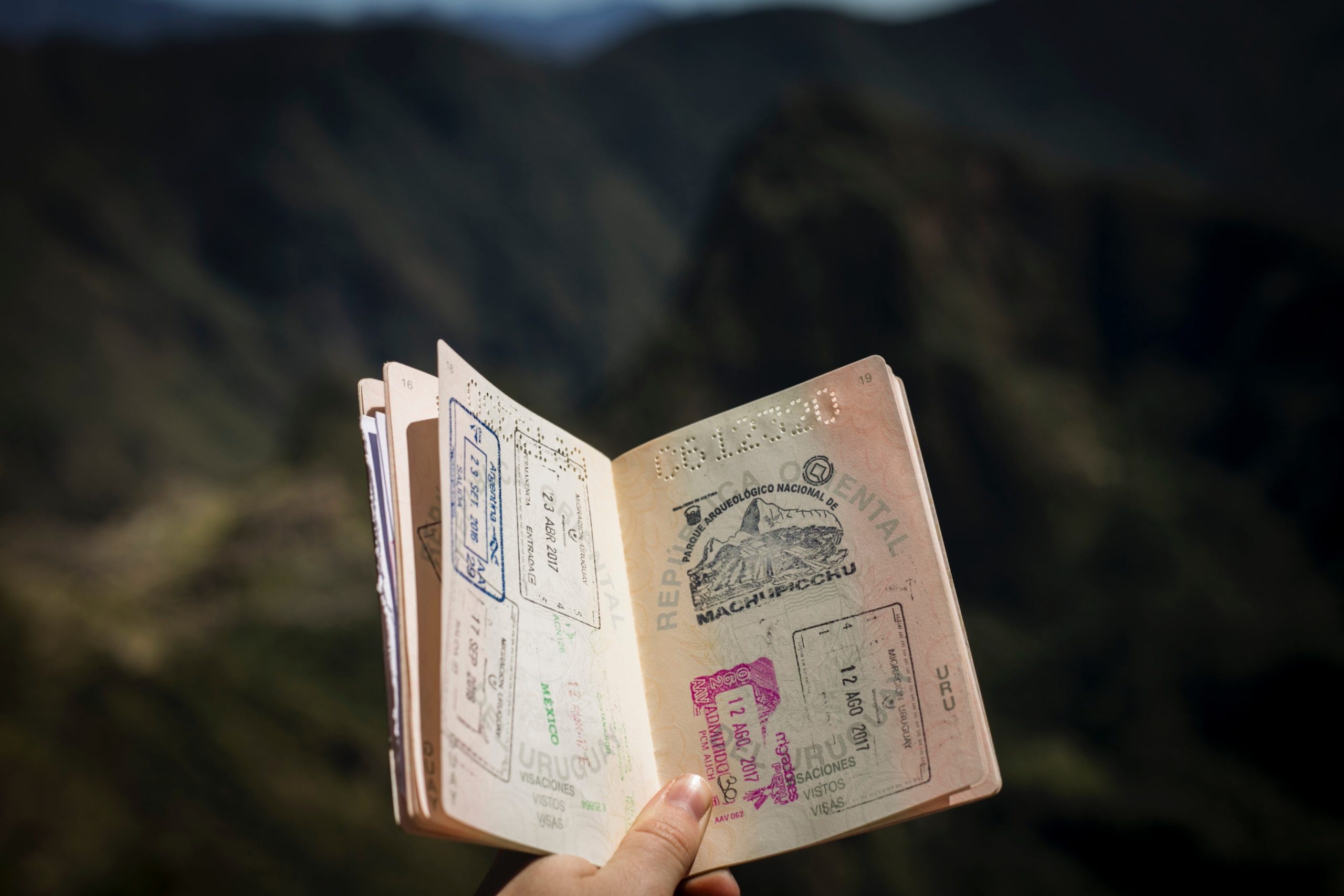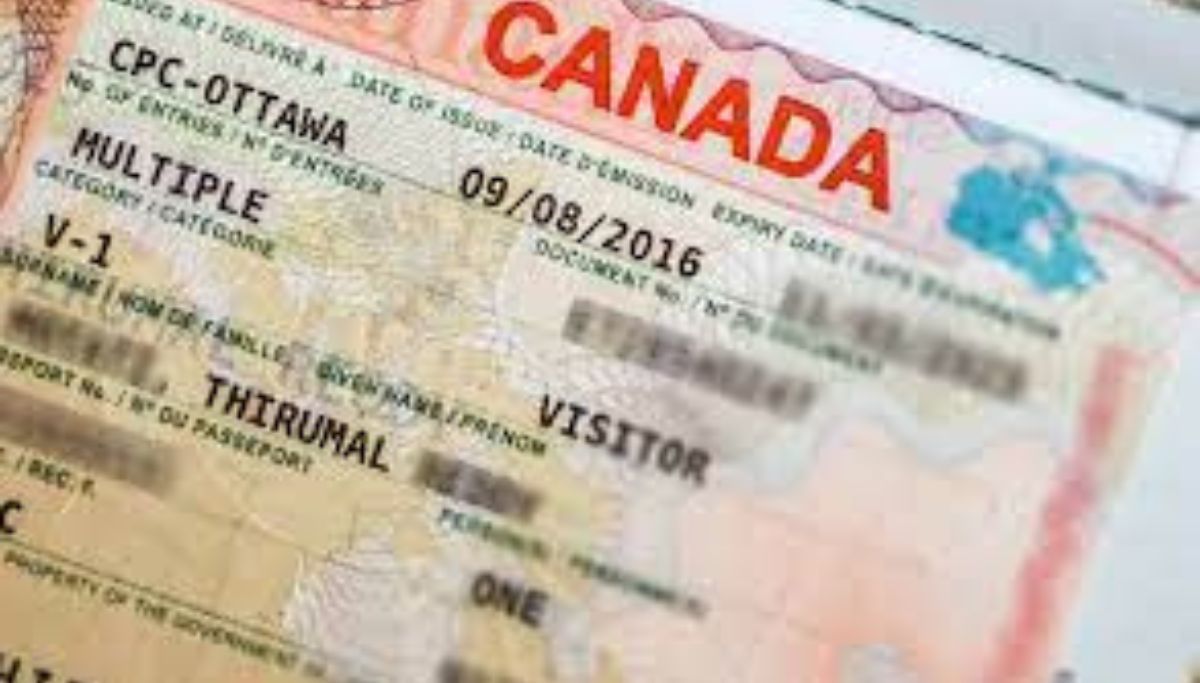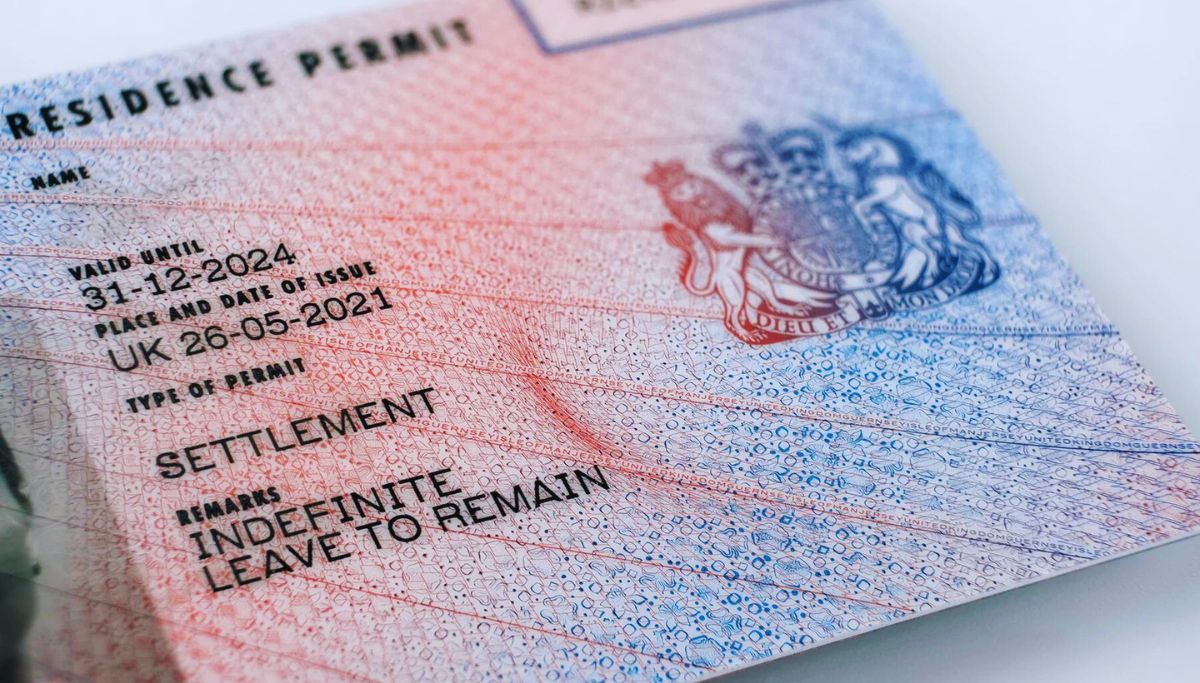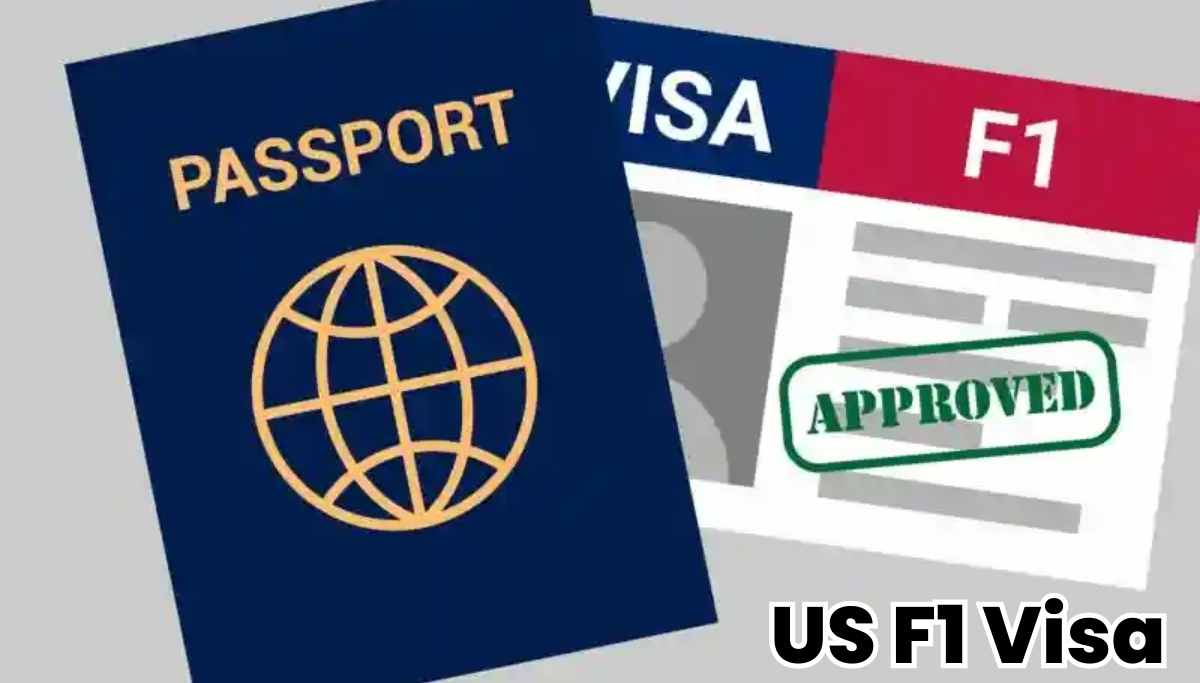Table of Contents
The most typical visa that an overseas student needs in order to study in the US are the F-1 Visa. A non-immigrant visa called an F1 is given to anyone who wants to study at a US university. It is generally advised to apply early to avoid any delays because the student visa application procedure can take some time. Since there are numerous potential grounds for the refusal rate of a US student visa, obtaining a student visa for the USA necessitates thorough preparation and necessary interview skills. Although the rejection rate for US student visas is not very high, you should nevertheless take care when applying and during the interview. We’ve provided a summary of the US student visa rejection reasons and why an F-1 visa application was denied for people who desire to pursue higher education in the USA.
Reasons Why An US Student Visa Might Get Rejected
Here are some of the major US student visa rejection reasons:
Reason to return to a home country not strong enough: If you are travelling to the USA to study, you must demonstrate that you will definitely return home once the particular study is finished. Your student visa application will probably be refused if you are unable to persuade the immigration officer of your impending return. Make it as obvious as you can that studying in the US is your only option and that you intend to return home once your degree has been earned. By informing the embassy that you have a family, a job, and possibly some properties that you manage and that depend on your being in the nation, you can have it cleared.
Lack of proof of financial ability to support yourself: You must demonstrate that you have enough money to support yourself while you are a student in the US. If you cannot show proof of sufficient funds to meet the study and living expenses in the USA as specified on your I-20 or DS-2019 form, it could be one of the major US student visa rejection reasons. Financial documentation must include liquid assets. There is no requirement for liquid assets to support the duration of your programme, but you will need to demonstrate that you have enough money to pay for the costs for at least the first year.

If your degree or university looks suspicious: One of the major US student visa rejection reasons is that the university you’ve applied to is not accredited. Numerous additional factors could cast doubt on the validity of the course or degree you picked, which could potentially serve as justification for rejecting your visa application. Immigration and Customs Enforcement, as well as the Student and Exchange Visitors Program, must approve your institution.
If you already have family members residing in the United States: If you already have family members living in the USA, this may raise red flags and could be one of the most obvious reasons for US student visa rejection. Either you are applying for a student visa on the pretence that you want to move, or you have no intention of leaving the United States after your studies are through and you want to continue a job there.
Denial based on applying late: As soon as your admittance to the American university is confirmed, be sure to apply for the visa. The success of the application procedure depends on the timely submission of your student visa application. If you apply for a student visa to the USA after the study programme start date listed on your I-20 or DS-2019 form, your application may be denied.
Validity of your passport: One of the most frequent grounds for a US student visa rejection reasons is the submission of an invalid passport. Your passport should still be valid six months after the day you want to travel. Additionally, confirm that your passport has at least two blank pages.
Other Document Issues: Candidates who fail to provide a required document, such as TOEFL or GRE scores, scholarship confirmation, or sponsor bank statements, may be rejected for a visa. The submission of the missing document may be temporarily denied in such situations.
Poor Visa Interview: The results of your visa interview have a direct impact on the choice made regarding your visa application. It could be one of the most obvious US student visa rejection reasons. This could be showing signs of anxiety during the interview, giving out ambiguous or unneeded details, failing to communicate clearly with the interviewer, etc. Make sure you are well prepared for the interview so you can respond to the questions with assurance.
Conclusion
The procedure of applying for a visa should be exceedingly careful, and you should strive to avoid giving the embassy any grounds to deny your application outright. When applying for a visa, it’s crucial to only offer authentic documents and to clearly state your intended purpose of travel.
FAQs
1. Do US student visas get rejected?
Yes, a student visa for the US may be denied. Since there are numerous potential grounds for its refusal, obtaining a student visa for the USA necessitates thorough preparation and necessary interview skills. Although the rejection rate for US student visas is not very high, you should nevertheless take extra caution when submitting your application and attending the interview for your visa.
2. Why was my student visa for the US rejected?
There are a variety of reasons why your student visa may be denied. For instance, the justification for leaving a country of origin is insufficient, insufficient evidence of one’s ability to maintain oneself If your college or degree seems dubious, if your passport is invalid, if your visa interview went poorly, etc.
3. What happens if a US F1 visa is rejected?
Your student visa application will not be processed if the USA visa officer rejects it. No appeals procedure exists. But be sure you understand the precise justification for the rejection. You have the choice to reapply if your initial F-1 Visa application was denied. Many visa applications that are initially rejected are eventually approved.
4. Does an F1 visa gets rejected?
Your F1 visa application may be denied if there is insufficient documentation or inadequate interviewing abilities. Along with them, you should have a compelling case for leaving the United States after completing your education there and sufficient evidence of your capacity to sustain yourself financially. If not, your visa application could be rejected.
We hope that this guide on US student visa rejection reasons has helped you, you can also read some of our blogs:










0 Comments